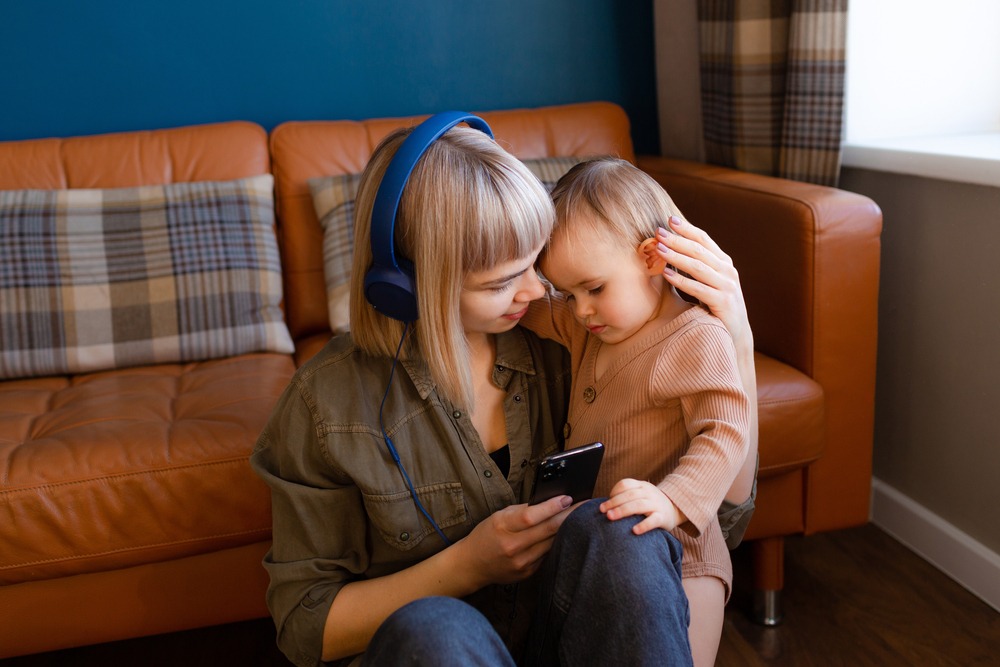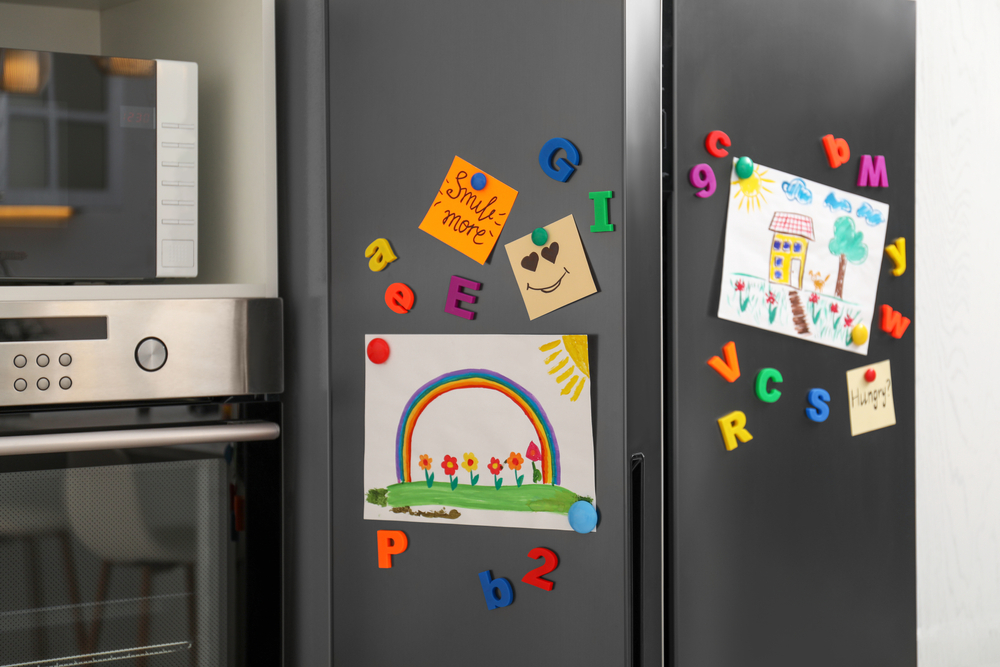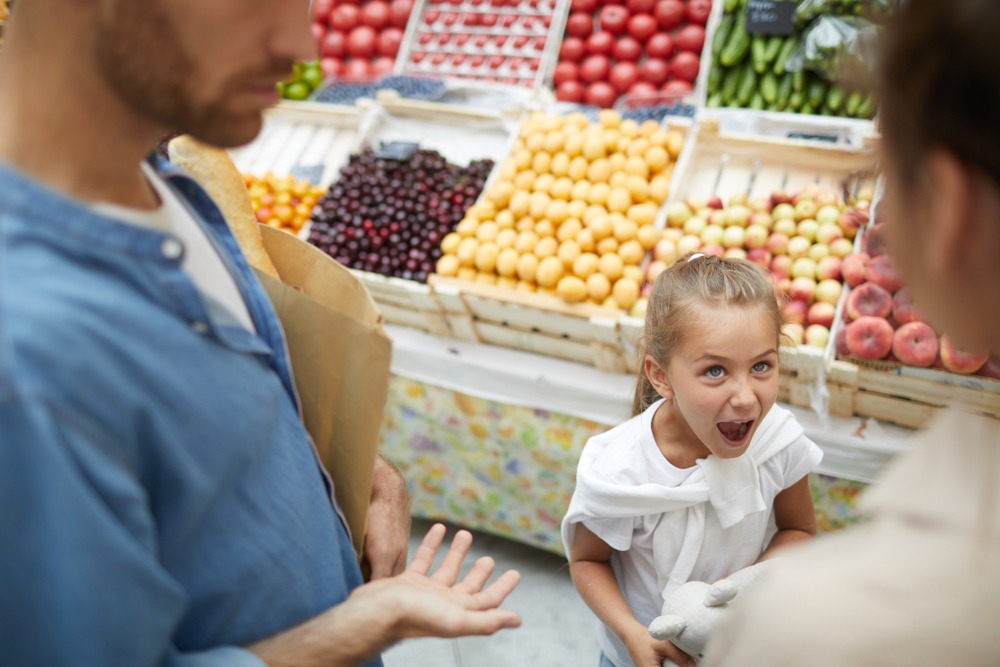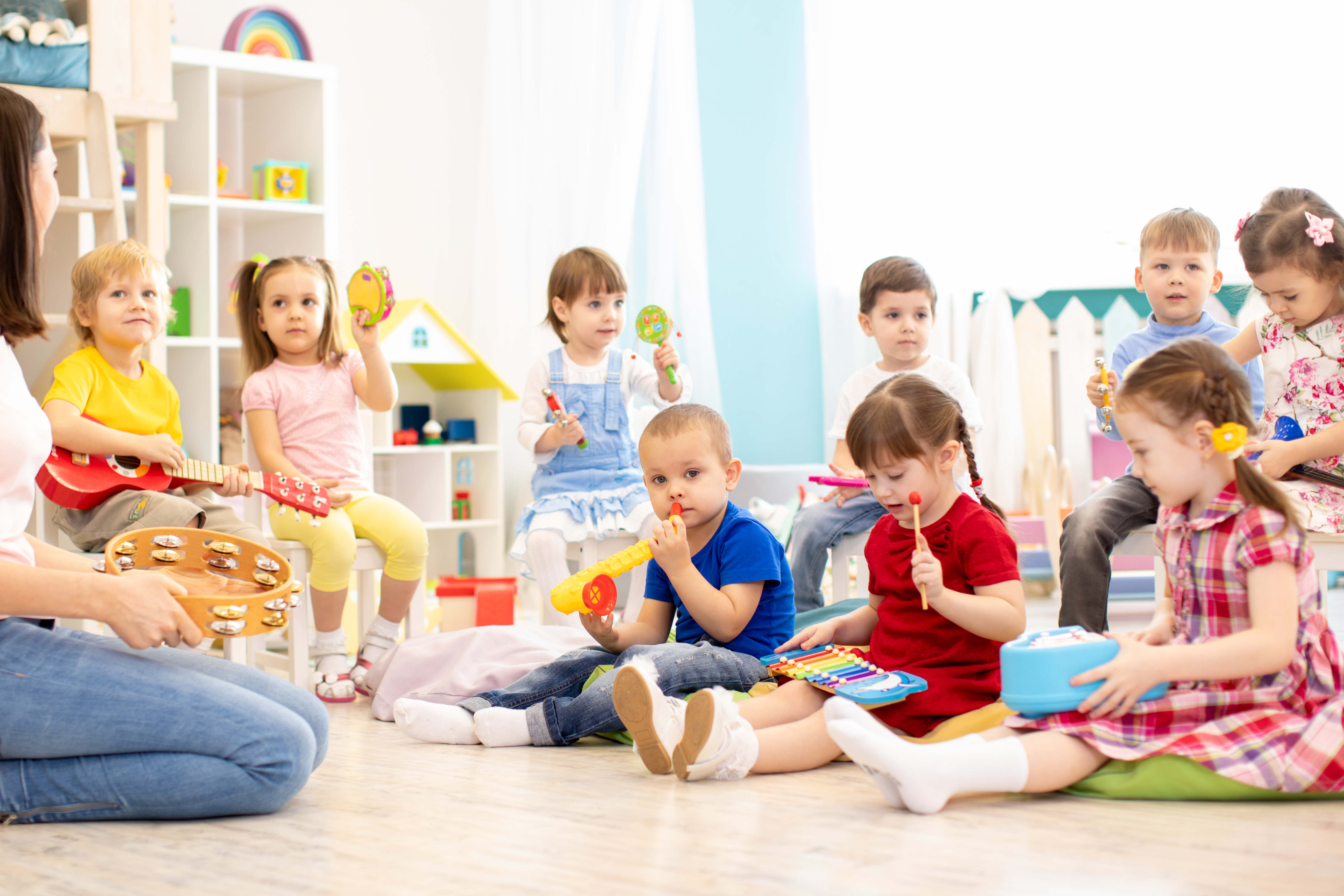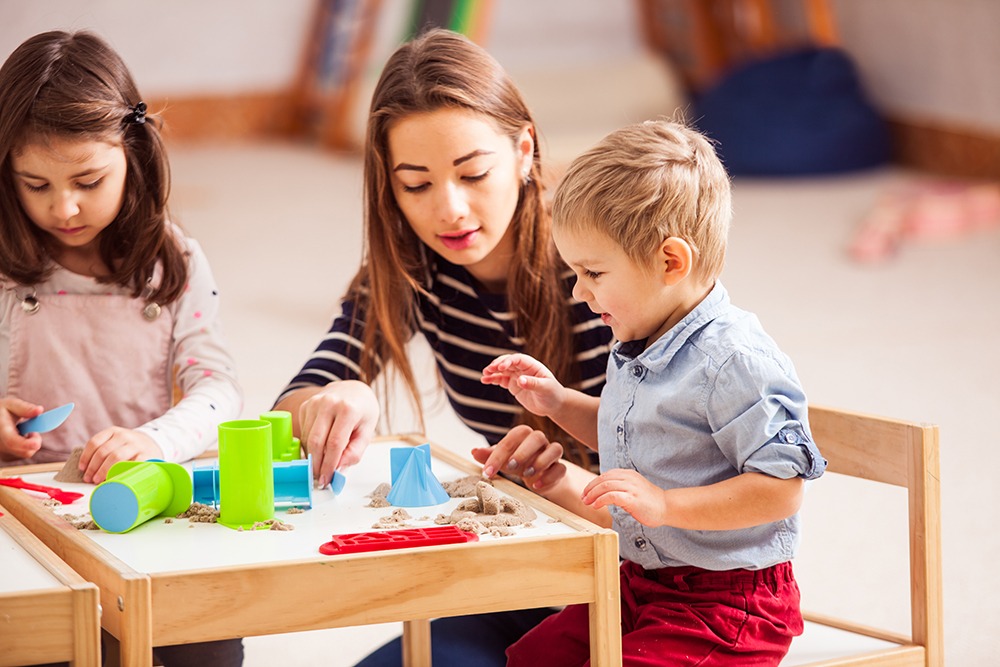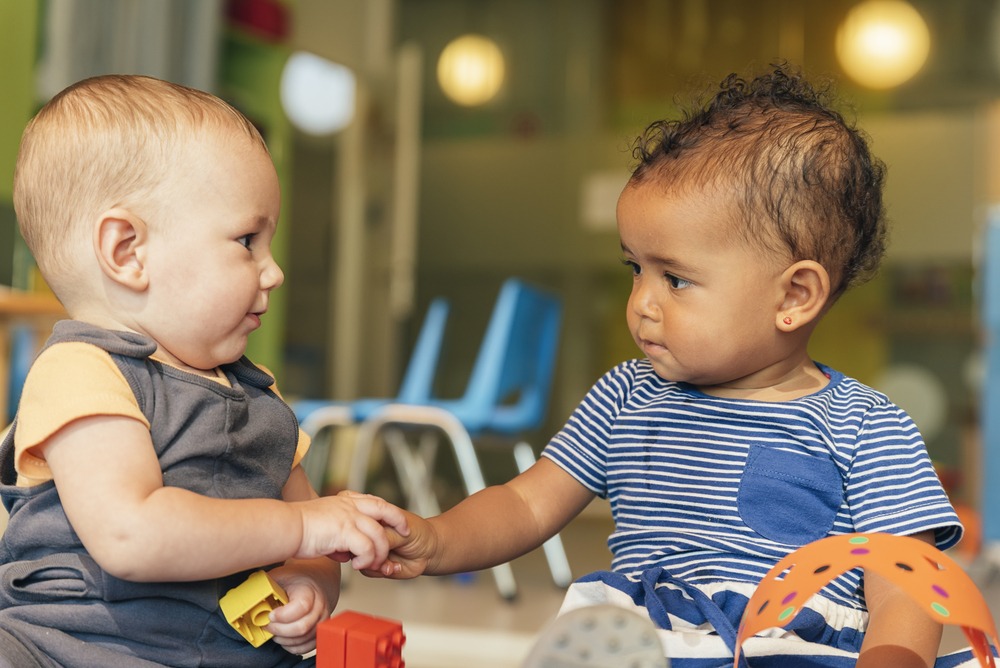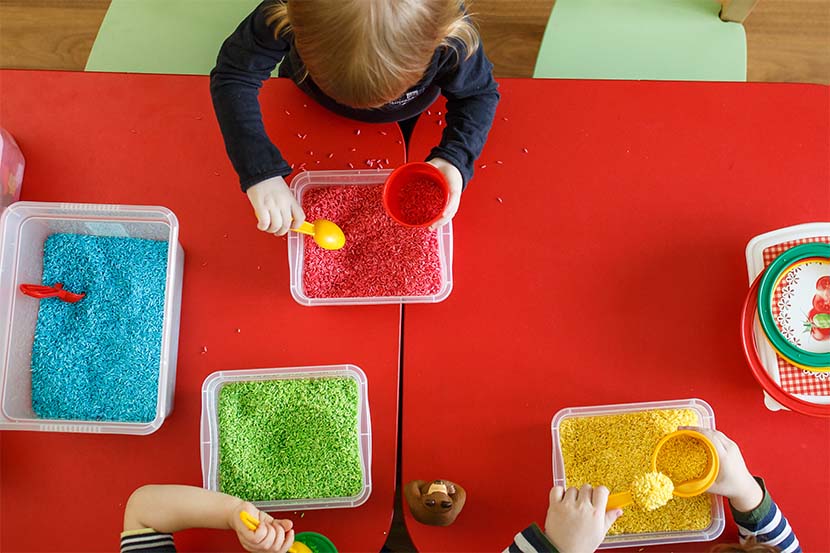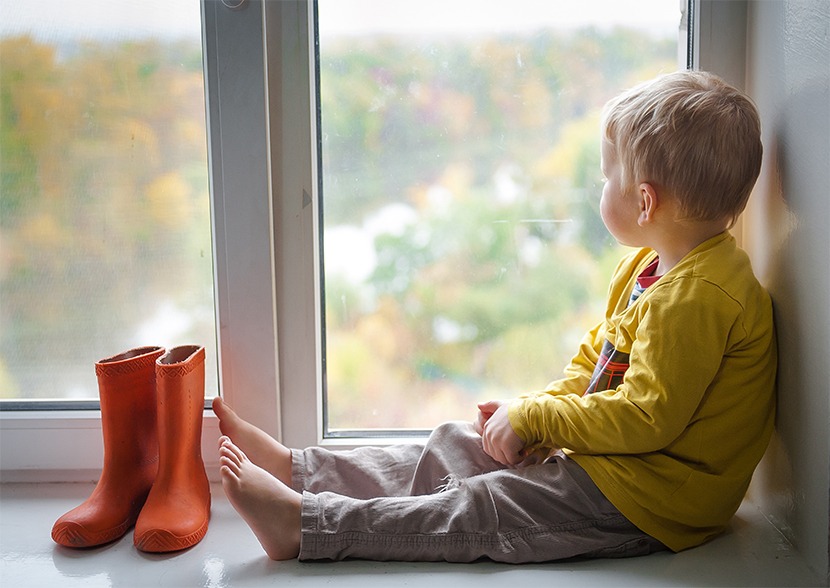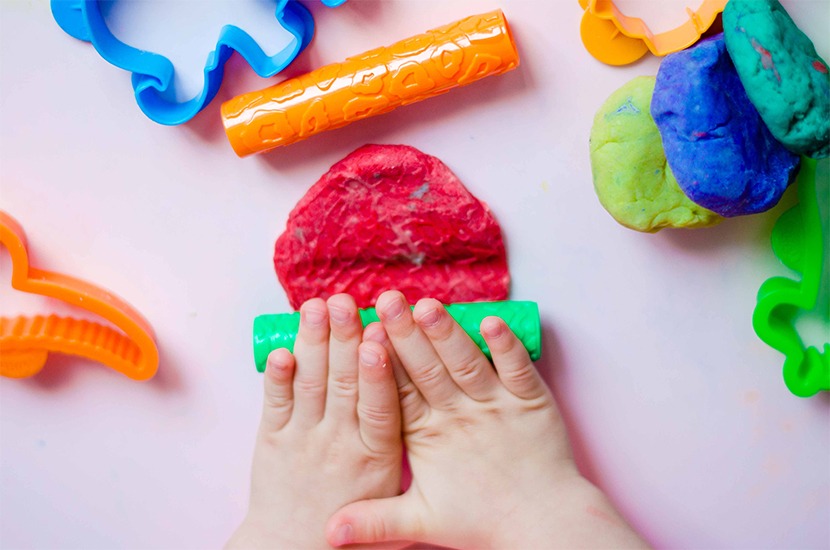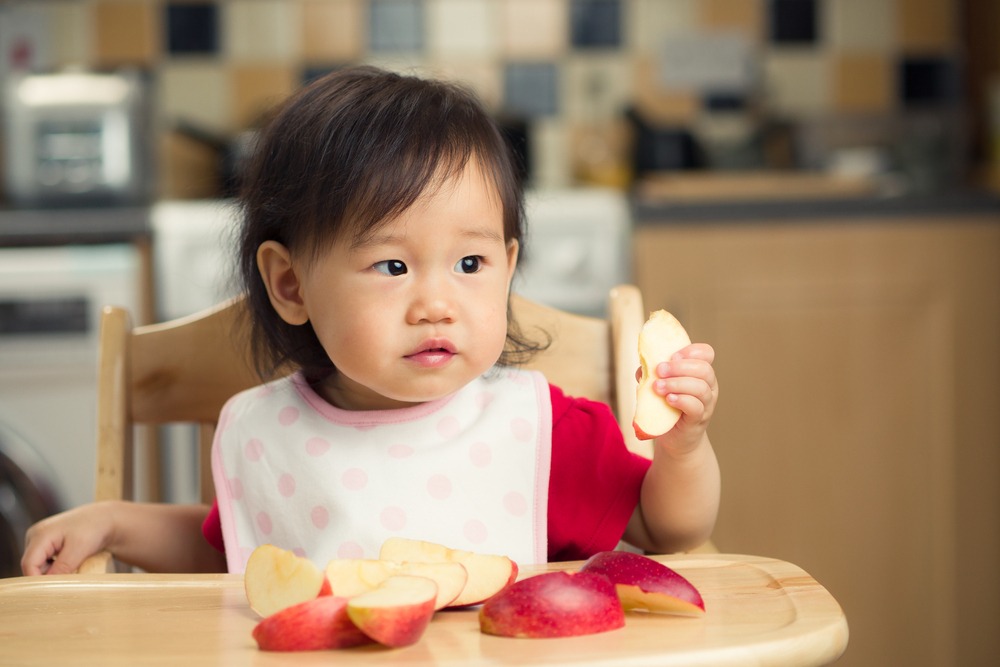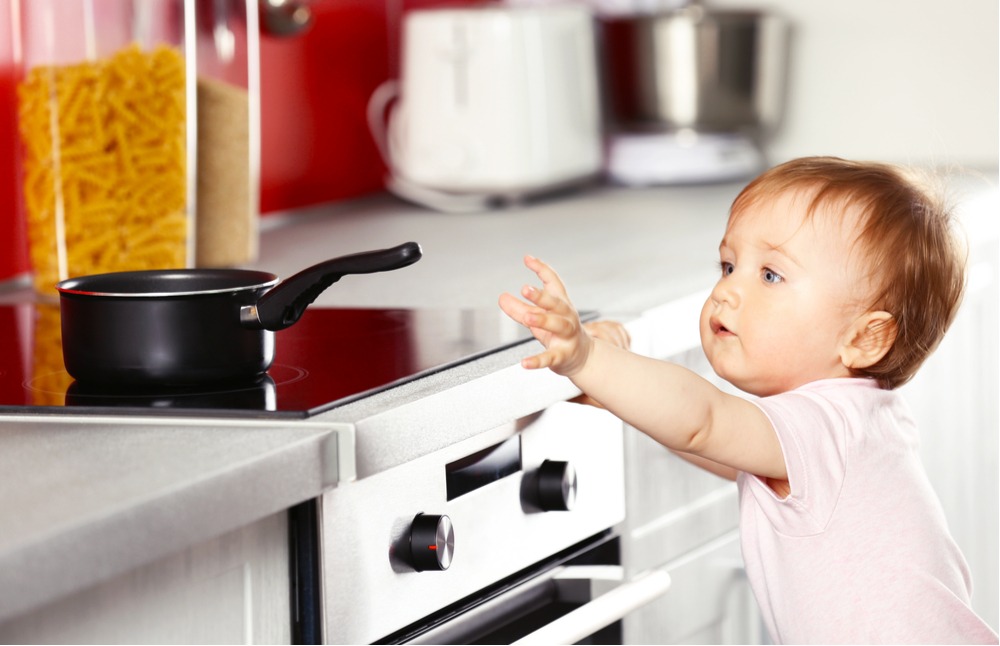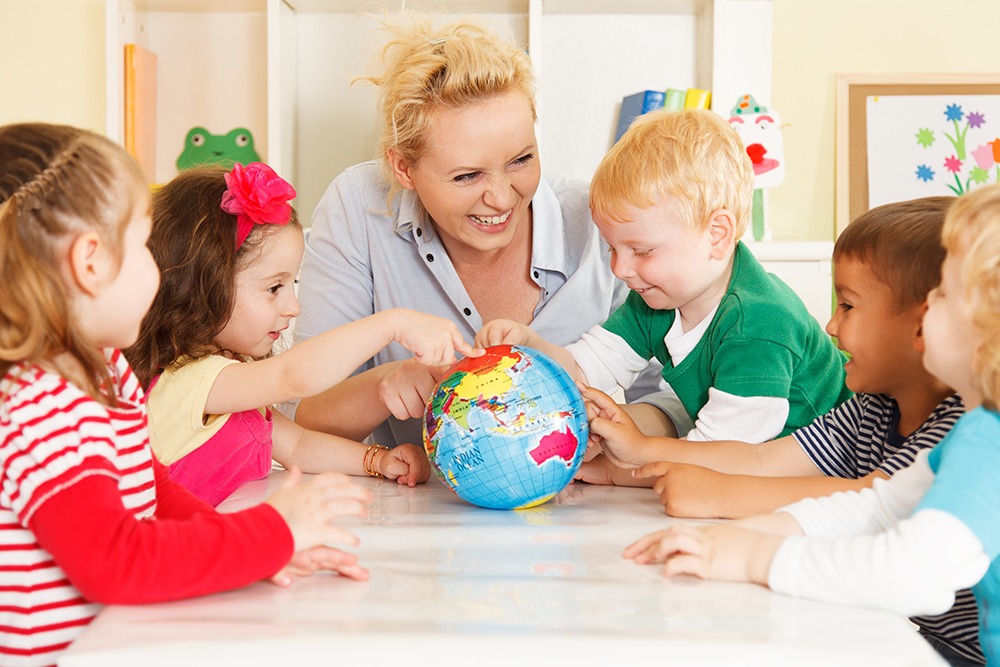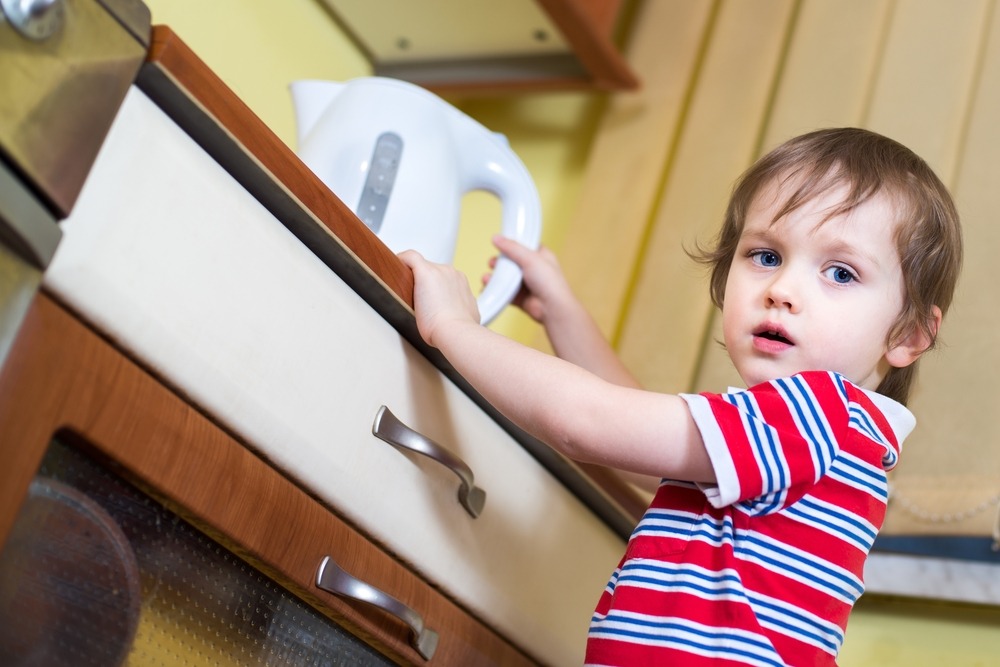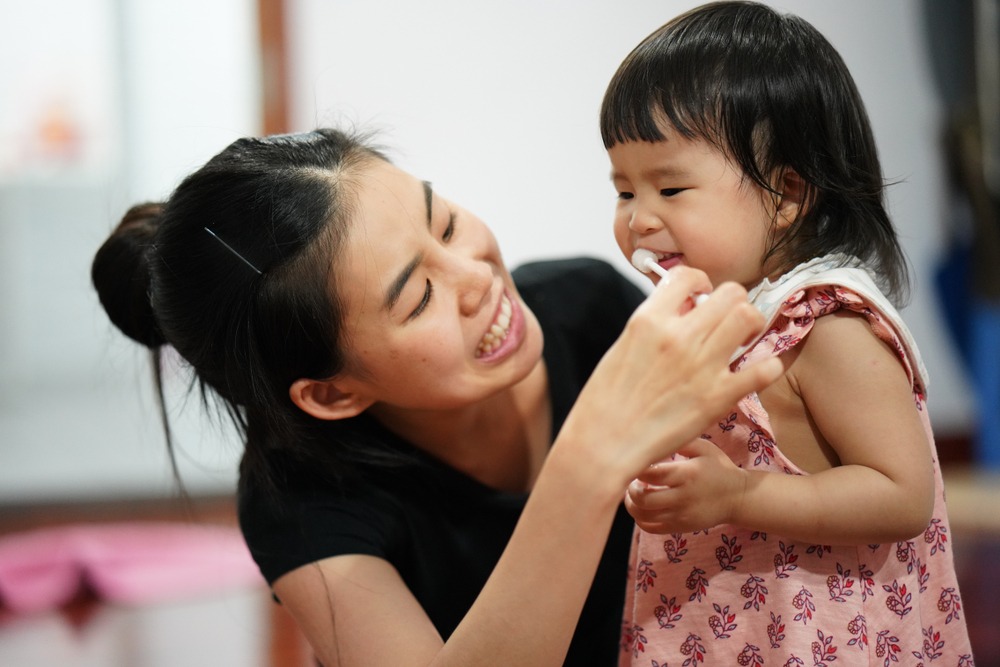
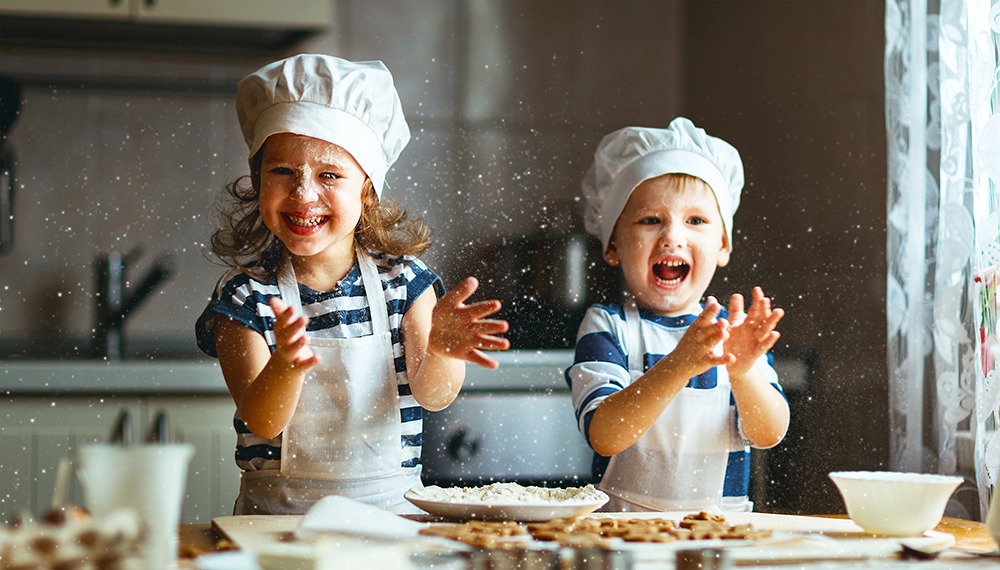
So, baking with toddlers and preschoolers. Is it messy? Probably.
Is it difficult? It doesn’t have to be!
Here are 8 steps that will make baking with your young ones a breeze:
-
Safety First When Baking
Ensure that your child knows the rules of your kitchen, whatever they may be in your household, and the baking project you have planned.
Things like: Only grown-ups touch the knives, turn on the stove/oven, use the mixer, etc.
-
Choose The Location
Choosing where you’re going to do your baking is up to you, your child and the setup of your home. Popular places include – in the kitchen, up to the counter or at the table. We recommend whichever spot is the safest and most comfortable for your child.
For example: Up to the table may be away from the oven but is still a location where you can perform mixing action.
-
Give Them An Activity During Downtime
If you’re baking with more than one child or baking something where you’ll have to complete a step or two on your own then we recommend keeping your young one busy!
The activity doesn’t need to be complicated, it can be as simple as giving them a snack, putting them in charge of holding the recipe, letting them mix ingredients in a separate bowl or just giving them a bowl of something to play with, in a sensory way (water, flour, etc.).
-
Get Setup Ahead Of Time
Getting all the ingredients and tools out before inviting your child into the kitchen will ensure that you get off to a great start. Furthermore, pre-measuring ingredients into cups will make your life that much more simple.
-
Choose The Right Recipe To Bake
The best advice? Start simple. Choose a recipe you already know off-by-heart or a recipe you know is easy. This is probably not the best time to be making croissants from scratch as this is both time-consuming and complicated.
For some inspiration to get you started, KidSpot has some great simple recipes (https://bit.ly/2H93kWG). Or better yet, just start with a pre-made cookie or brownie packet mix!
-
Adapt Tasks To Age
What a 2-year-old can contribute to a baking session is very different to what a 5-year-old can contribute. While a 2-year-old would be excited to stir and help count cups of flour, a 5-year-old can help you measure out ingredients and maybe even help you crack an egg.
However, you know your child and their abilities better than anyone so it’s up to you to decide what they’re capable of, but don’t forget to challenge them a little bit.
-
Have Them Measure Into A Separate Bowl
This advice will save so many of your baking adventures. Using this suggestion will ensure that it won’t matter if your child measures out way too much sugar or cracks the egg with a ton of shell. These mishaps will be easy to fix if they’re not on top of all the other ingredients you’ve already measured out.
Even more likely, if anyone forgets to cover a sneeze or loses some dribble, you only have to toss a few ingredients and not the whole bowl.
-
Keep It Fun
By baking with your child, you’ll learn so much more about them. Perhaps they don’t like the loud noises produced by appliances so you’ll decide to bake a hand-mixed recipe next time. Or your child will have a hard time paying attention for any longer than 15-20 minutes so you make sure to choose a quick, simple recipe.
Baking with your child is a great opportunity to spend quality time with them. So make it as enjoyable and interactive for them as possible. It will be a great memory that you both can cherish in years to come.



